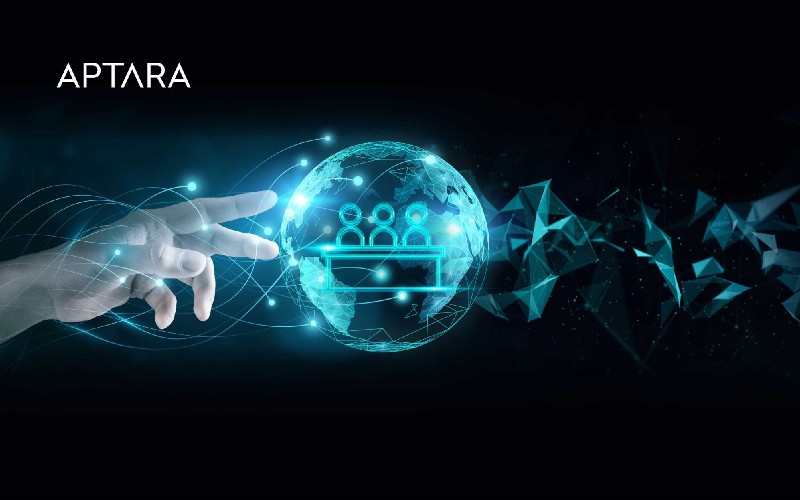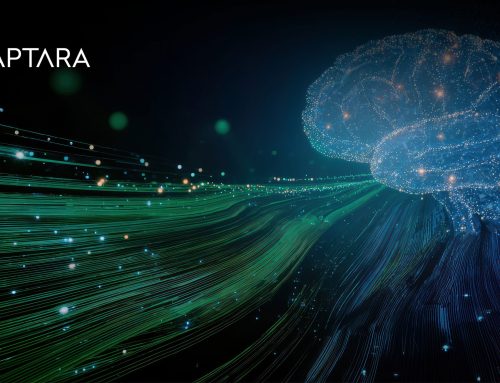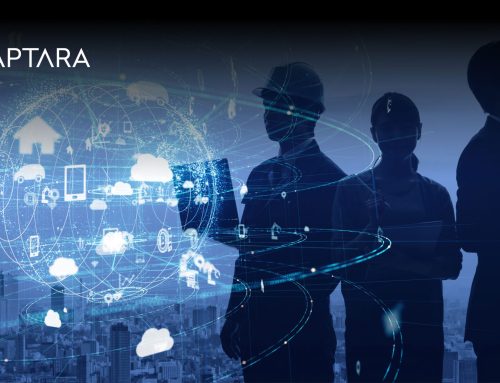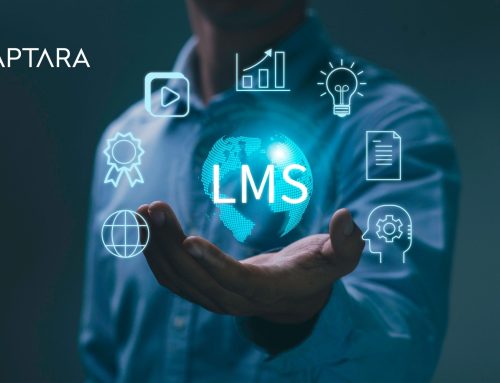The global corporate training market is on a steady upward curve, expected to reach $485.4 billion by 2028, growing at a CAGR of 4.9%. This surge reflects a growing investment in digital learning platforms and learner-first strategies. The learner experience (LX) has been a defining factor in the training programs success. It shapes how learners interact with content, influences course completion and retention rates, and impacts overall knowledge transfer.
To meet evolving expectations, organizations are prioritizing personalized, relevant, and accessible learning. At the core of this transformation is the Learning Management System (LMS), a digital backbone that powers scalable, flexible, and engaging eLearning industry. But for an LMS to truly deliver value, its migration and maintenance processes must be seamless, user-centric, and technically robust. That’s where global support services become critical.
Understanding LMS Migration: Challenges and Opportunities
LMS migration is a strategic shift toward optimizing the digital learning experience. Yet, it often brings several challenges: data integrity risks, downtime, user disruption, and compatibility issues between legacy and new systems. These hurdles can slow adaptation, frustrate users, and jeopardize learning continuity if not handled with precision.
On the flip side, a well-executed migration opens doors to better platform performance, enhanced features, improved UI/UX, and greater scalability. It’s an opportunity to realign the LMS with the organization’s training goals, modernize content delivery, and enable a more immersive learner journey.
To unlock these benefits, organizations must focus not just on the technology but also on the global support structure that surrounds migration.
Role of Global Support Services in LMS Migration
A successful LMS migration depends not just on technology, but on the right support structure to ensure minimal disruption and maximum efficiency. Global support services simplify this process by offering round-the-clock expertise and scalable service models that reduce internal strain.
Key contributions of global support services:
- Multi-time zone support: Ensures continuous assistance during migration, reducing downtime and learner disruption.
- Expertise across multiple LMS platforms: Facilitates seamless data transfer, configuration, and integration, whether commercial, custom, or open source.
- Scalable team models: Flexible deployment of dedicated or shared teams based on budget, workload, and migration complexity.
- Focus on core learning strategy: Internal teams can prioritize strategic learning goals while global partners manage the technical lift.
- Centralized helpdesk and user support: Streamlines communication and handles user onboarding, access issues, and platform queries efficiently.
Ensuring Seamless Learning Experience for End Users
A smooth LMS migration isn’t just a technical milestone, it’s about ensuring uninterrupted, intuitive learning for end users. As user behavior evolves, particularly among gig and deskless workers, the demand for frictionless access and real-time support becomes even more critical.
How global support services enable seamless learning:
- Consistent learner access during and after migration
Global teams safeguard platform stability throughout the entire migration process. By minimizing downtime and maintaining backend continuity, learners can transition smoothly without disruptions to their progress. - Quick resolution of user tickets and login issues
Fast and responsive helpdesk support is key to reducing drop-offs. With studies showing that 92% of users abandon platforms after login issues, global support teams work to resolve access problems promptly preventing learner frustration and abandonment. - Multilingual and multi-device support
To accommodate a diverse and distributed workforce, global support services offer assistance across languages and devices. Whether a learner is accessing content from a desktop in the office or a mobile app in the field, the experience remains consistent and accessible. - Frictionless login and system integration
Removing extra login steps, especially for mobile or deskless workers, significantly boosts course completion rates. Seamless integration with HR tools and business apps ensures learners can access training when and where they need it, without delays. - Support for accessibility and inclusive learning
Global teams also prioritize platform accessibility, ensuring that learners with disabilities have equal access to content and support, helping organizations deliver on inclusive learning goals.
Security and Compliance in Global LMS Operations
Global support services play a critical role in safeguarding LMS platforms through strong authentication, data encryption, and role-based access controls. They ensure compliance with regulations like GDPR and FERPA by managing consent, access logs, and data retention policies. Regular audits, system monitoring, and timely updates help identify vulnerabilities and maintain data integrity. With continuous oversight, global teams enable secure, compliant LMS environments that protect sensitive information and support risk-free learning, essential during and after migration.
Conclusion
LMS migration and maintenance are no longer just IT tasks, they’re strategic enablers of seamless, secure, and scalable learning. With global support services, organizations gain around-the-clock expertise, faster issue resolution, improved learner access, and robust compliance. Aligning technical efficiency with user experience, global support teams ensure that learning remains uninterrupted, engaging, and future ready.





